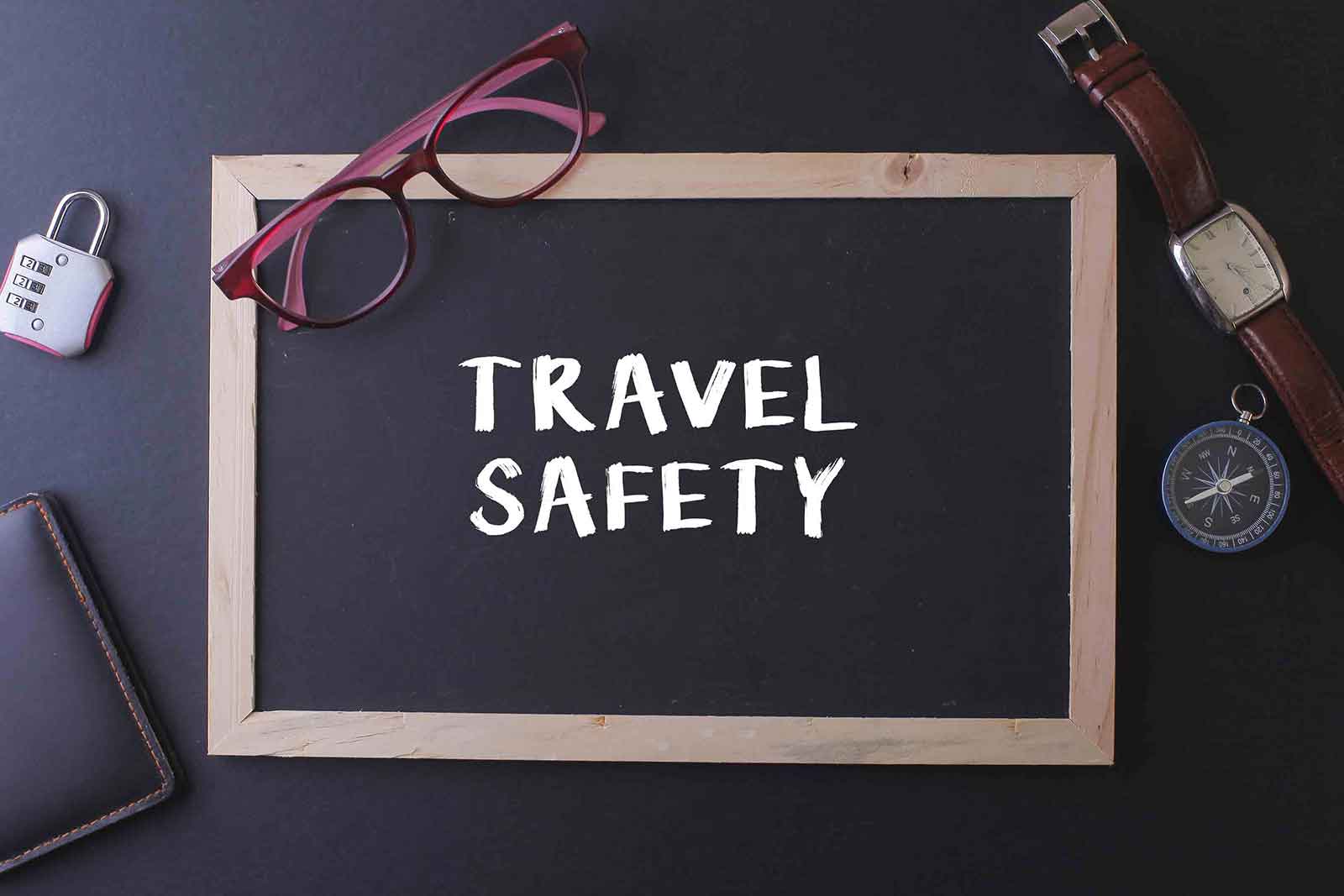
Travel Safety – Know Before You Go
Top 25 Ways to Stay Safe!
At the risk of sounding somewhat patronizing, it’s important to understand travel safety practices and actions that can be taken to minimize the risk that is associated with travel to unfamiliar locations. It’s interesting that the very thing that draws many of us to travel the world actually creates risks to our health and safety. We are absolutely not trying to tell you that all travel is risky. We are, however, trying to enlighten you to the numerous considerations that need to be evaluated to reduce your risk and help to ensure that you wander the world safely, creating new and wonderful memories.
Considering all of the risks, and reading through blog lists such as this one, and understanding the unfamiliarity of visiting new places, you might conclude that traveling to faraway places is very scary and not worth the anxiety that you feel.
It’s important to realize that, as much as risk tolerance is a very personal choice, that with the appropriate planning and cautions, you can balance the risk and reward. We firmly believe, and live the notion that, traveling the world enlightens a person in ways that would otherwise be impossible.
While the following is a rather exhaustive list of travel safety considerations, it is in no way intended to discourage you from traveling. Quite the contrary. In fact, this list is intended to provide you with common sense considerations that will reduce your risk and increase the odds that you will have a life altering travel experience.
1. Get to Know Your Destination
It’s very important that you become familiar with your destination in advance of arriving. Know the route to your accommodations, know the neighborhoods where you will be staying or visiting, and become familiar with the general locations of airports, police stations, hospitals and other key milestones. A bit of online research, including a printed map or pinning these key locations on the mapping app of your choice can literally be a lifesaver in the event of an unexpected emergency.
Also, if you’re traveling internationally, look up and mark the location of your home countries embassy. In the unlikely event of an emergency or loss of your passport or other critical documentation, you will need to know the location of your home country embassy. You may also consider registering with your embassy as a visitor for the duration of your trip. This will allow them to locate you should it be necessary to deal with an emergency situation.
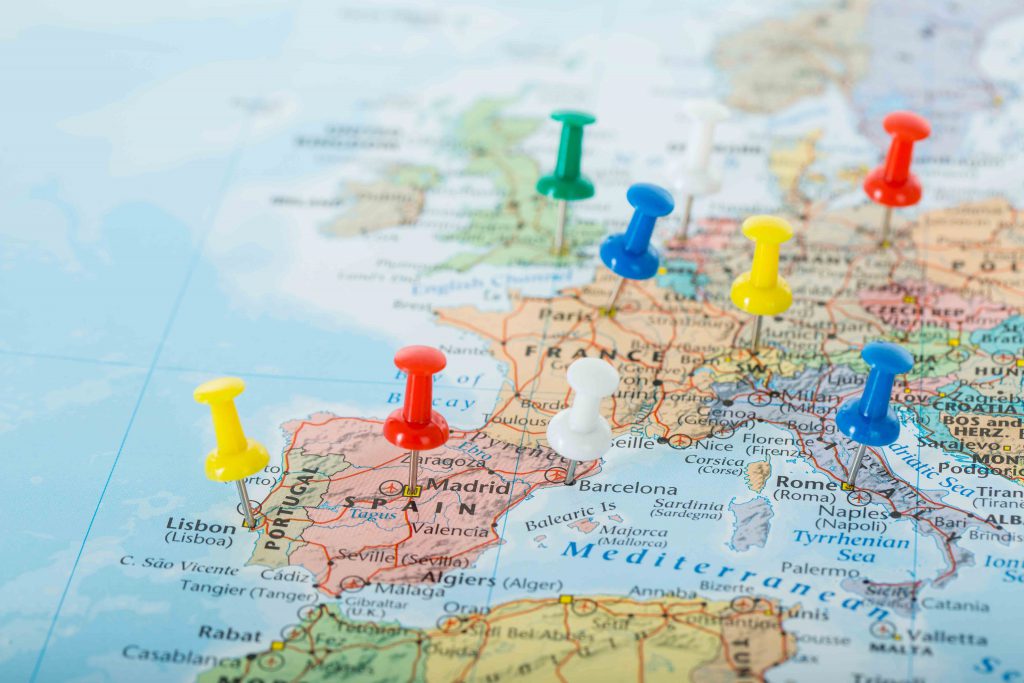
2. Blend in – Be Inconspicuous
You really don’t want to be that “stick out like a sore thumb” tourist that you see in comedies and TV ads. Dressing in a manner that is consistent with local customs helps you blend in and become less of a target for thieves and con artists. It’s also important to remember that you are a guest and have been given the privilege of visiting another country or locale and to be respectful of local customs.
This includes dressing conservatively if you’re visiting countries, including many in the Middle East and Africa that honor these traditions. While many countries are slowly becoming more liberal in their dress expectations, many still require that certain standards are adhered to. While conservative wardrobe expectations are more common for women, it’s definitely considered good form for men to be respectful as well. These expectations often also extend to religious locations that you may visit, even in fully westernized countries. For example, if you’re in Rome and plan to visit the Vatican or any of the cathedrals, it’s important to know that covered shoulders and knees are considered a sign of respect and are required for entry.
3. Copy Your Important Documents
Loss of a passport or other identifying documents while traveling internationally can not only be inconvenient, but can be downright frightening. It’s important that you protect these important documents, such as passports, drivers licenses, and health insurance papers, and highly suggested that you make both paper and electronic copies of these items. We always make paper copies of the identification pages (not the outside) of our passports and related documents, leaving one copy at home with family and each putting a copy in a safe spot in our luggage. Another simple failsafe is to take pictures of these documents with your phones so that you have them and can easily send them as needed should they be lost or stolen.
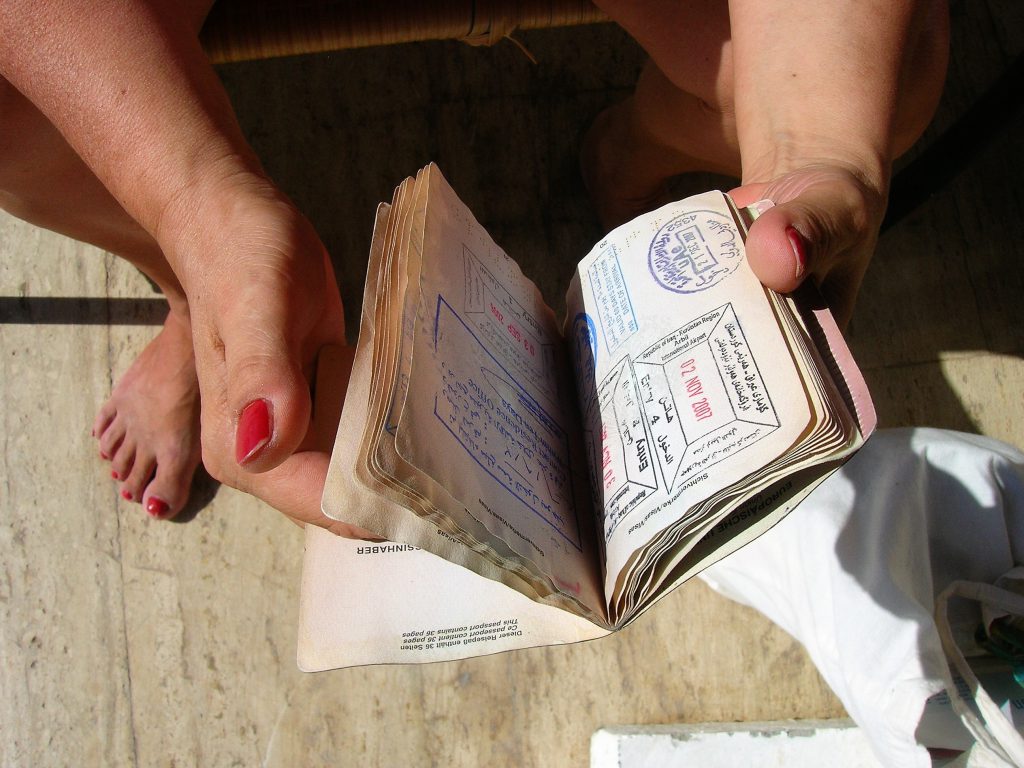
4. Protect Your Valuables
While this might seem pretty obvious, it needs to be a high priority item to keep yourself both physically and economically safe. Remember that as travelers, we often have resources that commonly allow us to own items that would be considered luxuries for others. Also, depending on where you’re traveling, you may find yourself traveling through areas that are developing economically.
Keep valuables such as jewelry, expensive cameras, and luxury bags out of sight whenever possible. Leave them in the safe in your room if you don’t need them. Seriously consider leaving expensive jewelry at home to reduce your risk. Even items such as cell phones, headphones, and other electronics can attract unwanted attention.
Also, be mindful not to use your back pockets for storing valuables. Front pockets are much more difficult for pick pockets to intrude into undetected. Many of us have a habit of putting our phones in our back pockets without thinking about it, which might attract someone interested in acquiring it at a 100% discount.
If you store valuables such as laptops with your luggage at a hotel bell desk or similar facility be sure to lock your luggage and check its contents when you pick them up. We once had an incident at a large hotel in Las Vegas where our laptop was stolen while the bag was in the care of the bell desk. We didn’t check when we picked up the luggage and discovered the loss several hours afterward, which made reporting the theft and making a claim much more difficult. Better yet, don’t allow others to store your valuables, period.
5. Don’t Carry a Ton of Cash
Be sure not to carry a lot of cash with you when you’re traveling, whether on day trips, out for dinner, or out in public. Flashing excessive cash even when paying for something, can make you a target. It can really spoil your trip if you lose all of your spending money as a result of either a theft or even an accidental loss.
It’s also a really good idea to hide a small amount of emergency cash somewhere on your person, but not in your purse or wallet. In the unlikely event that someone steals your purse or wallet, you won’t be left stranded. We always keep a small amount of cash and a spare credit card in an inconspicuous spot such as in a hidden pocket or in a sock. You can also purchase an inexpensive travel belt that has a hidden zipper on the backside for this purpose.
Having this small amount of cash can be a real help if you even need it. You can use it for transportation, to purchase a meal, or to get in touch with help.
6. Travel with a Posse
I don’t mean large numbers, but traveling with a companion or with a small group can really reduce the risk that you would be targeted by thieves or con artists. These characters are looking for easy access to vulnerable people and having companions makes their success much more difficult. Simply a great deterrent, and traveling with others can be lots of fun.
7. Respect the Wildlife
Traveling to new and unfamiliar places is very exciting and one of the main reasons for visiting a new country or area. It’s important to remember that the indigenous wildlife may be very unfamiliar and lend to unexpected safety concerns. Following some simple rules can help you protect yourself from a very unexpected surprise…
- Do a bit of research and understand what to expect in the areas you will be visiting
- Be aware of your surroundings
- Remember that you are visiting their home and that animals may become very protective if they feel threatened.
- Never, ever approach, touch, or feed wild animals.
- In the event that you unexpectedly encounter an animal, don’t turn your back and don’t run. Back away slowly and carefully.
- Check with locals and be sure to pay attention to signs and posted rules when walking trails or paths.

8. Know the Local “Rules”
Many countries have laws or customs that might be surprising to you. If broken the penalties can be surprisingly serious. For example, while visiting Thailand, we learned that touching someone with the bottom of your foot or shoe is considered a sign of major disrespect and that this included stepping on currency, which has a picture of the Thai King. Spitting in Singapore, passing on the right on the Autobahn and peeing in the ocean in Portugal are all against the law and carry significant penalties. A bit of research and common sense respect is all that is needed.
9. Bring Locks & Use Them
You can’t watch your valuables 100% of the time while traveling. Purchasing some simple, inexpensive locks can go a long way to deterring anyone that might be tempted to help themselves to your things. Remember, thieves are always looking for the easiest target that they can quickly escape with the goods. Locking your items will encourage these would be thieves to look elsewhere.
10. Uber/Lyft/Cab Safety
Using ride sharing services such as Uber or Lyft and even traditional taxi cab services are often a great option to get around, especially in large cities. A few important points to remember…
- If using a taxi be sure to use only registered commercial cab companies and watch to be sure that the driver has a permit posted in the vehicle.
- If using a ride sharing app, be sure to only request and communicate through the app, note the make, model and license plate number of the vehicle picking you up, and be sure to check it before you get into the vehicle. And, never, ever pay the driver directly – only through the app. It’s also a good idea to take note of the ratings of the drive that is assigned to pick you up and cancel the ride request if you’re not satisfied with the score.
Avoid taking a ride from the gauntlet of drivers that often cluster around terminal exits at the airports and train stations. You can never be sure of the cost or safety of a ride offer in this situation.
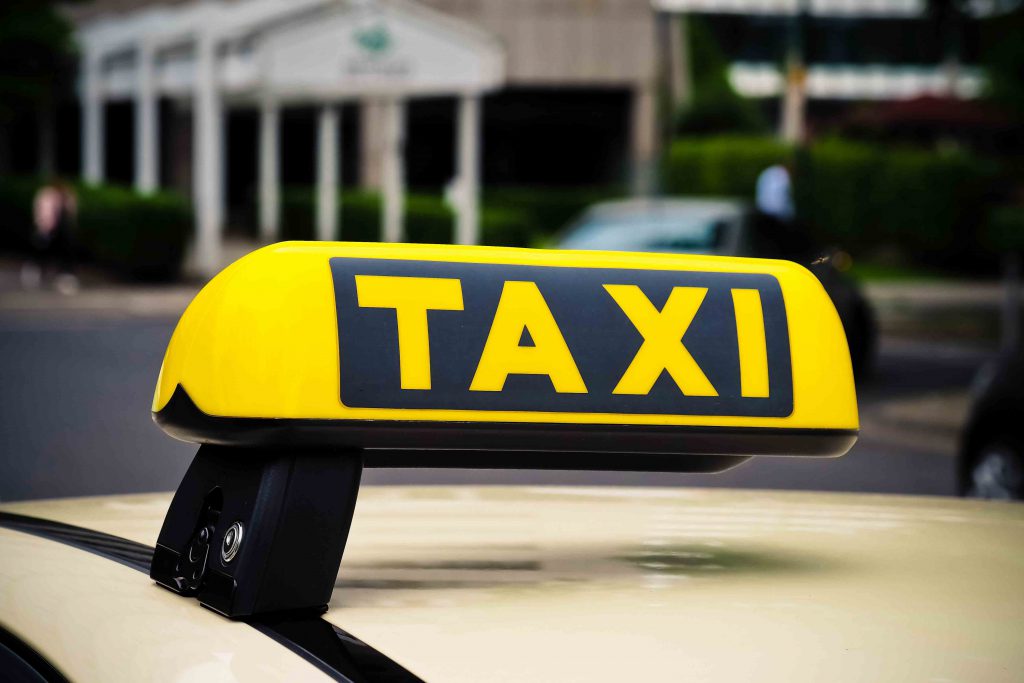
11. Have an Itinerary – Inform Your Friends & Family
Have a specific travel plan and write it down. Send it to trusted relatives or friends and be sure that they receive and understand it before you depart for your trip. Be sure to include your accommodations information along with your planned dates and times. Check in with them often and be sure to let them know if your plans change.
12. Use Social Media Wisely
It’s fine to use social media to communicate with friends and family while you’re away. Just remember that anything posted that is publicly available can also be an indicator that you’re away from home. Best to use private groups or direct messaging to communicate with your family. Besides, who wants to be that person that brag posts about every minute of your vacation. Save those stories for your return home.
13. Be Cyber-Safe
Being away for home certainly introduces the need for Internet access through unfamiliar network connections. The use of electronic communications, public Wi-Fi, and shared networks to communicate via the internet always comes with some amount of risk. Be sure that you’re not using these networks when conducting private business or accessing personal information. Public Wi-Fi signals can be intercepted and your information compromised, leading to identity theft and safety risks. If you must use a public Wi-Fi signal, be sure it’s encrypted and password protected. If you can, consider using a VPN service to further protect the privacy of your online communications.
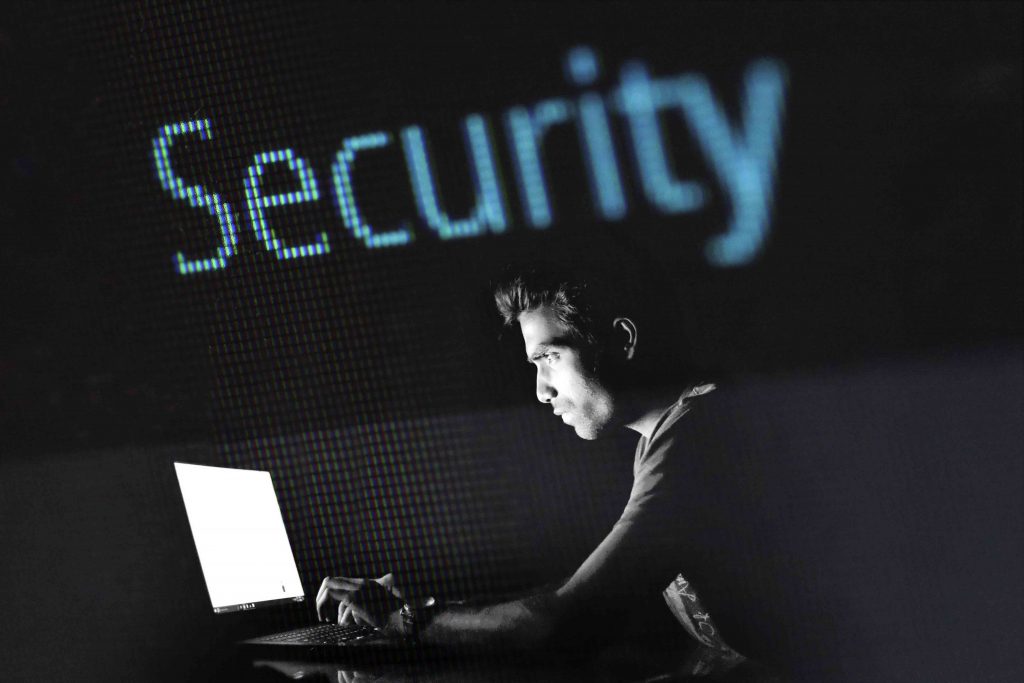
14. Make Your Accommodations Safe
As you plan your trip, consider the safety of the accommodations that you choose. While many of us are on a budget when traveling, it’s important to consider investing a bit more to ensure that you are secure. Be sure that rooms are lockable and that you will have a way to protect your belongings. Spending a bit more for secure accommodations may be a better investment than a few more margaritas.
15. Be Watchful of Your Surroundings
Whenever you’re traveling and out and about in an unfamiliar location, it’s particularly important that you are aware of your surroundings. I’m not talking about being overly paranoid, but know what is around you and be alert. Simple things like being aware of traffic, unexpected motor vehicles, hills and cliffs and other safety hazards can prevent an unwanted trip for medical attention. Being watchful for unusual behaviors, people hovering around you, and unusually friendly strangers can prevent you from becoming a scan or theft victim.
16. Learn About Common Scams
Before you leave, do a bit of research to become familiar with scams that are common in the areas you are planning to visit. While these are always changing somewhat, most are rather common and easy to spot if you’re informed and alert. Be on the lookout for items such as…
- Anyone offering you a “free” token of any kind. They will likely expect to be paid.
- Random assistance offered without your asking and without a price set beforehand.
- An attractive and flirtatious stranger who later offers a night on the town, only to expect to be paid later
- Overcharging for meals at an unscrupulous restaurant. One group we encountered on a trip ordered a meal and was served three times as much food as they ordered and were expected to pay for it.
- The “lost” stranger who distracts you asking for directions, often claiming that they cannot speak the local language.
- Anyone selling you drugs of any kind. Regardless of your views on the recreational use of drugs, do not, under any circumstances seek out or buy drugs while traveling. The consequences can be very, very severe and law enforcement can be very unsupportive.

17. Carry Emergency Contact Info
Be sure to carry emergency contact information in your purse or wallet while traveling. This may prove to be invaluable should you be injured and unable to call your friends or family. Be sure that it includes current phone numbers will full dialing instructions including the country code, if necessary.
18. Know Your Address
It’s a great idea to grab a business card or two from your accommodations host and carry it with you while out and about in a new city. This is particularly true when you do not speak the native language in the area. If you need transportation to your accommodations and cannot find a driver or service that speaks your language, you can show them the business card and they will get you there.
19. Carry Travel Insurance
It’s important to consider your medical insurance situation while traveling outside of your state, province or country. Many insurance plans do not provide for out of territory coverage in the event of an emergency or a recurrence of a pre-existing condition. Consider the cost and your budget, of course, but also consider the consequences of an emergency hospitalization on your financial situation. We have an acquaintance that was seriously injured while traveling in Thailand and had an extended and expensive hospital stay.
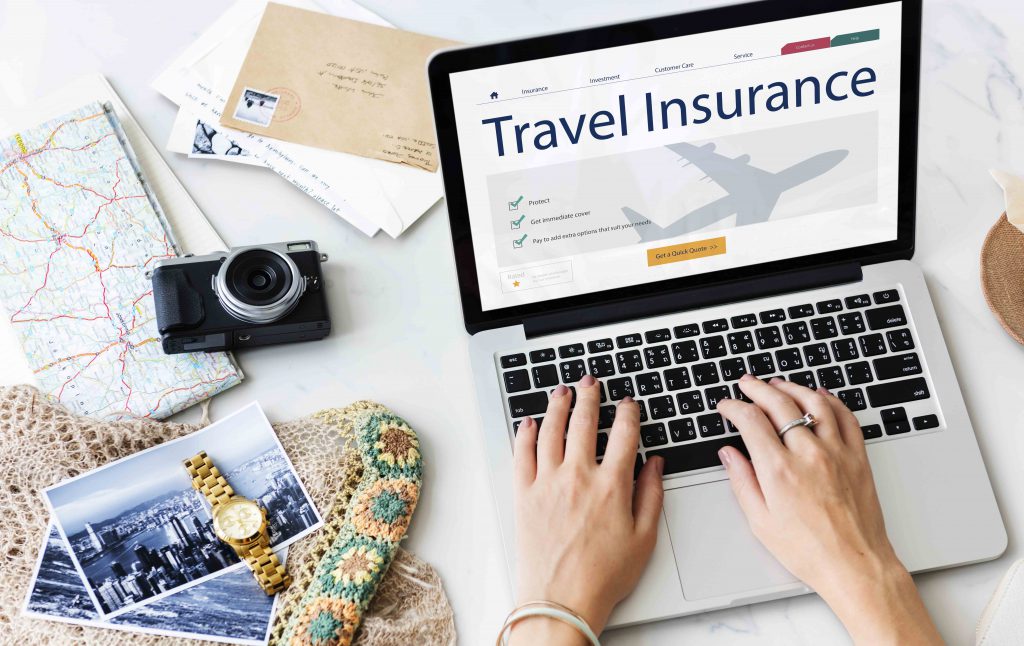
20. Be Fraud-Safe
Identity and financial fraud has become commonplace at home and abroad these days. There are a few steps you can take, when traveling or at home, to reduce your fraud risk…
- Inform your bank and/or credit card companies that you will be in a new locale and plan to use your cards. This will prevent them shutting down your accounts due to unexpected activity from an unfamiliar location.
- Use a credit card that notifies you of foreign currency transactions or large amount purchases. This will allow you to assess the legitimacy of these transactions and take action if needed.
- Take care when using ATM machines. People generally walk away from ATMs with a significant amount of cash in their pockets. They are also susceptible because they are not alert to their surroundings while using the machine. Use ATMs in more secure locations such as inside a bank, in a hotel lobby, or in an airport with lots of public traffic to reduce the risk.
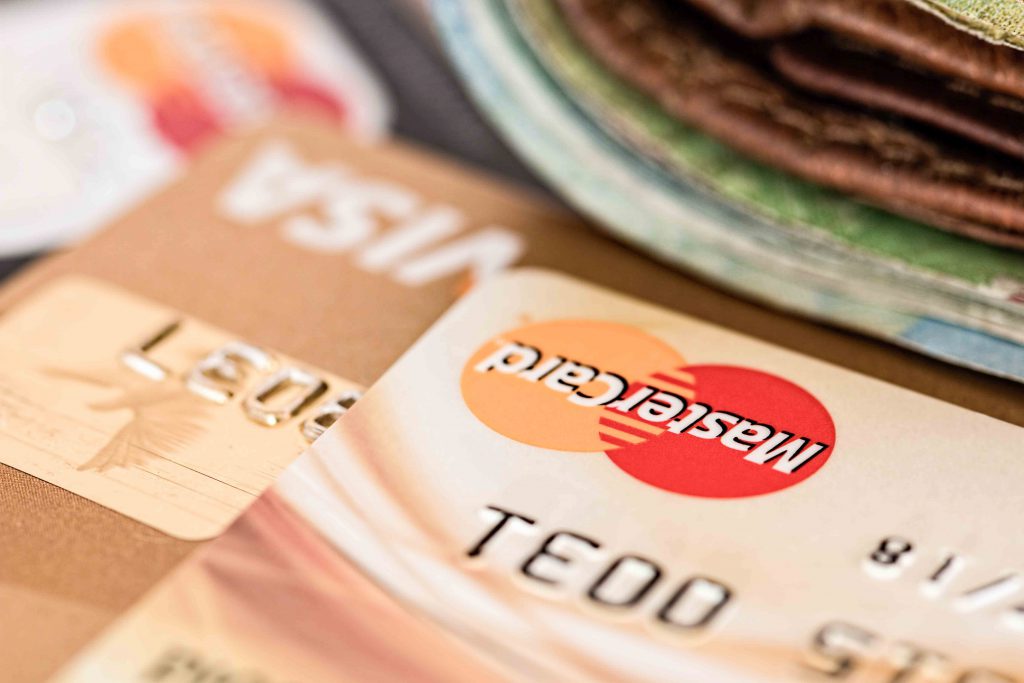
21. Food and Water Safety
Be careful when deciding what to eat or drink while traveling. Nothing is worse than a serious bout of digestive or intestinal discomfort while away from home. Not good anytime, but particularly awful while traveling. Following a few rules can be very helpful for avoiding these problems…
- Eat in popular places. Lots of people eating in an establishment is often a sign of good quality and good value.
- Take care when partaking in street food offerings. Be sure that they are thoroughly cooked and avoid seafood and meats.
- If you have food allergies, be aware that you may not be able to rely on the exclusion of foods that you cannot tolerate. Also, it’s a good idea to have a translation card that explains your sensitivities in the local language.
- Cooked foods are the safest. Fruit that you peel will help to avoid bacteria transfers. Watch out for foods, such as lettuce, that are washed with local water.
- Drink only bottled or filtered water or sealed beverages. Local water often contains bacteria’s and other organisms that are well tolerated by locals, but not ok for visitors.
22. Stay Sober – Mostly
Let’s face it – we all like to have new and fun experiences while we are traveling. For many of us, this includes have a nice glass of wine or spirits (or maybe more than one) while we are away. It’s very important that, if you’re traveling in unfamiliar territory, that you maintain your alertness and watch your surroundings. Over-indulging in alcohol can significantly impair your judgement and increase your risk of being killed in an accident.
Whatever your orientation on alcohol consumption, it’s important to understand that overindulgence reduces your alertness and ability to respond in the event of an unexpected situation.
23. Prescription Medications & the Border
Crossing international borders with drugs, even prescription medications, can be a bit tricky. If you take prescription medications and plan to bring them with you on your travels, be sure that they are clearly identifiable, associated with a prescription in your name, and in the original container in which they were supplied to you. If you cannot clearly identify your medications as prescribed for you for medical purposes, you run the risk of being charged with drug related offences. Remember that, when crossing an international border, you are requesting the privilege to enter the country, and will be expected to comply with local laws and customs.
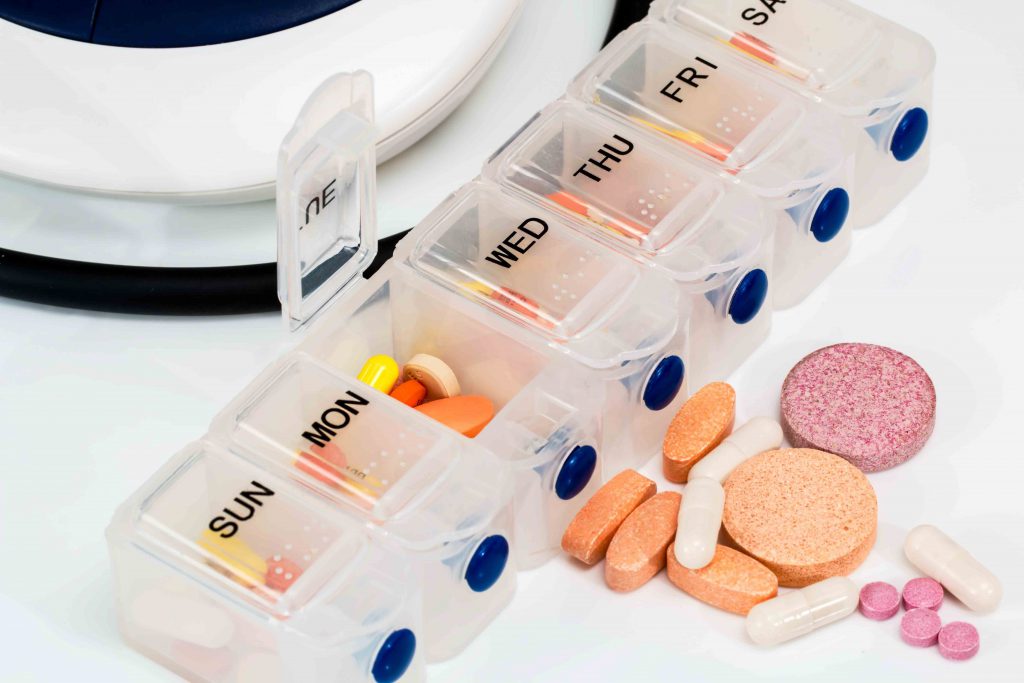
24. Vaccines
There is much in the news recently about whether or not to vaccinate your children and about the effectiveness of vaccinations for adults. While we are not qualified to offer medical advice, we would advise you, while planning a trip abroad, that you discuss your travel plans with your doctor and decide on a course of action that both you and she/he are comfortable with.
25. Rental Transportation
Take significant care when deciding to rent local travel related transportation equipment such as bicycles or motor scooters. Equipment is often not maintained to the degree that you would expect and may not live up to safety expectations. In many developing countries, regulations do not exist to ensure that consumers are protected to the same level that they are in their home countries. Unsafe travel and transportation equipment can put your health and safety at risk. Proceed with caution.
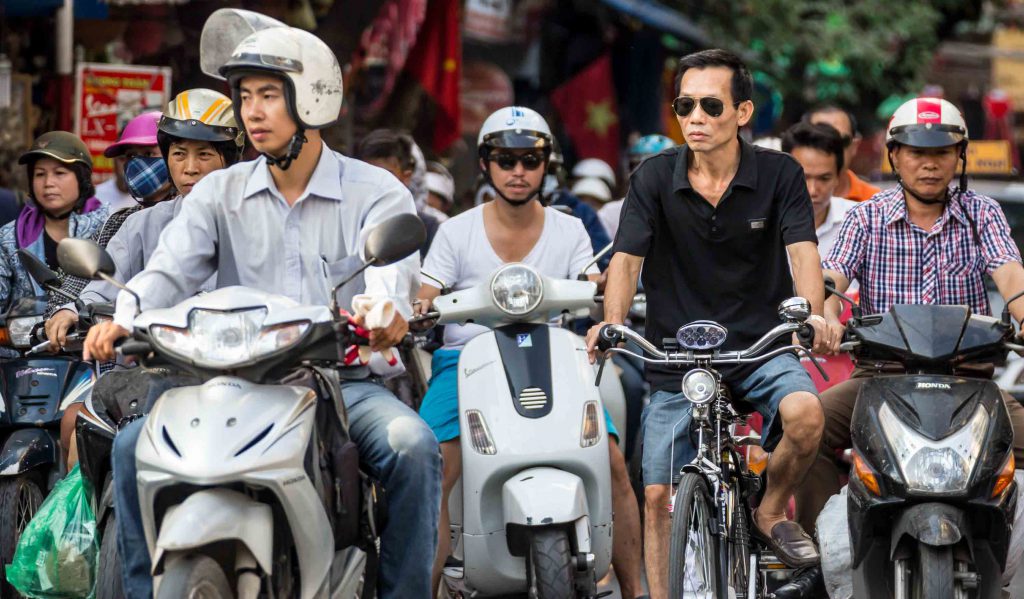
Bonus: Consider the Kids
We at Wandering Waze, firmly believe that travel is essential to opening the minds of all of use, including our children. That said, traveling with kids introduces additional challenges from a travel safety perspective.
- Ensure that you are aware of your kids presence whenever you are traveling with them. Don’t let them slip out of sight – not even for a minute.
- Ensure that they are properly strapped into a car seat suitable for their age and weight, even when traveling via Uber, Lyft or another ride sharing service.
- Before traveling, check with your doctor to ensure that the kids are up to date on vaccinations required, based on the region that you are visiting.
- Allow extra time at the airport and for boarding the plane, particularly if you are traveling with young kids.
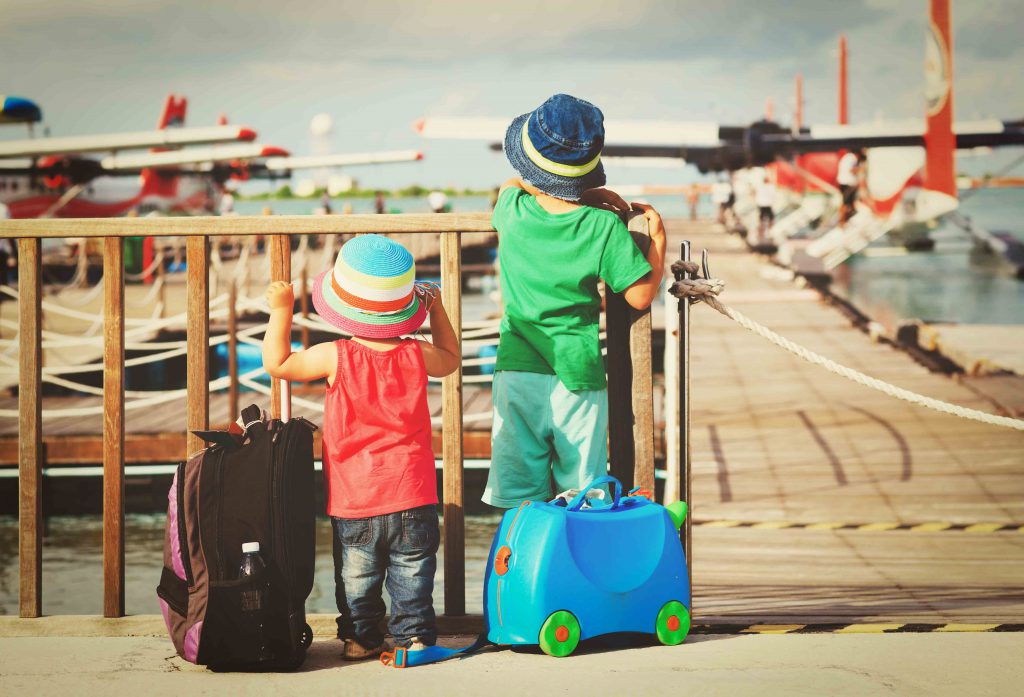
While all of these tips and tricks might seem overwhelming or even scary, it’s important to remember that by observing some common sense guidelines and trusting your instincts, travel can be relatively safe. Every city or location has risks, but so does your hometown. The big difference is that you’re familiar with home and comfortable with the provisions that you need to take to be safe and secure. Think ahead, be prepared, use good judgement, and enjoy wandering your way!

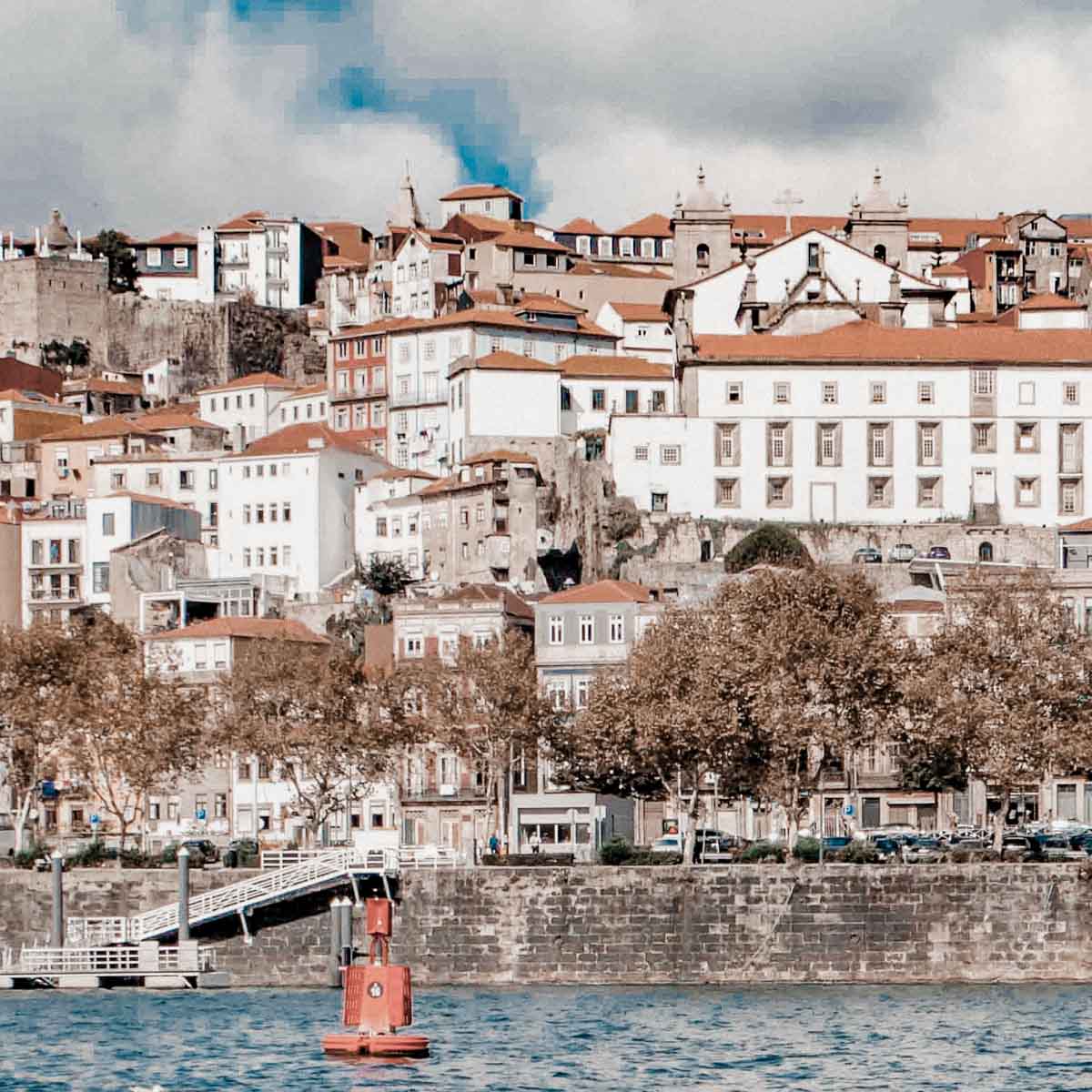
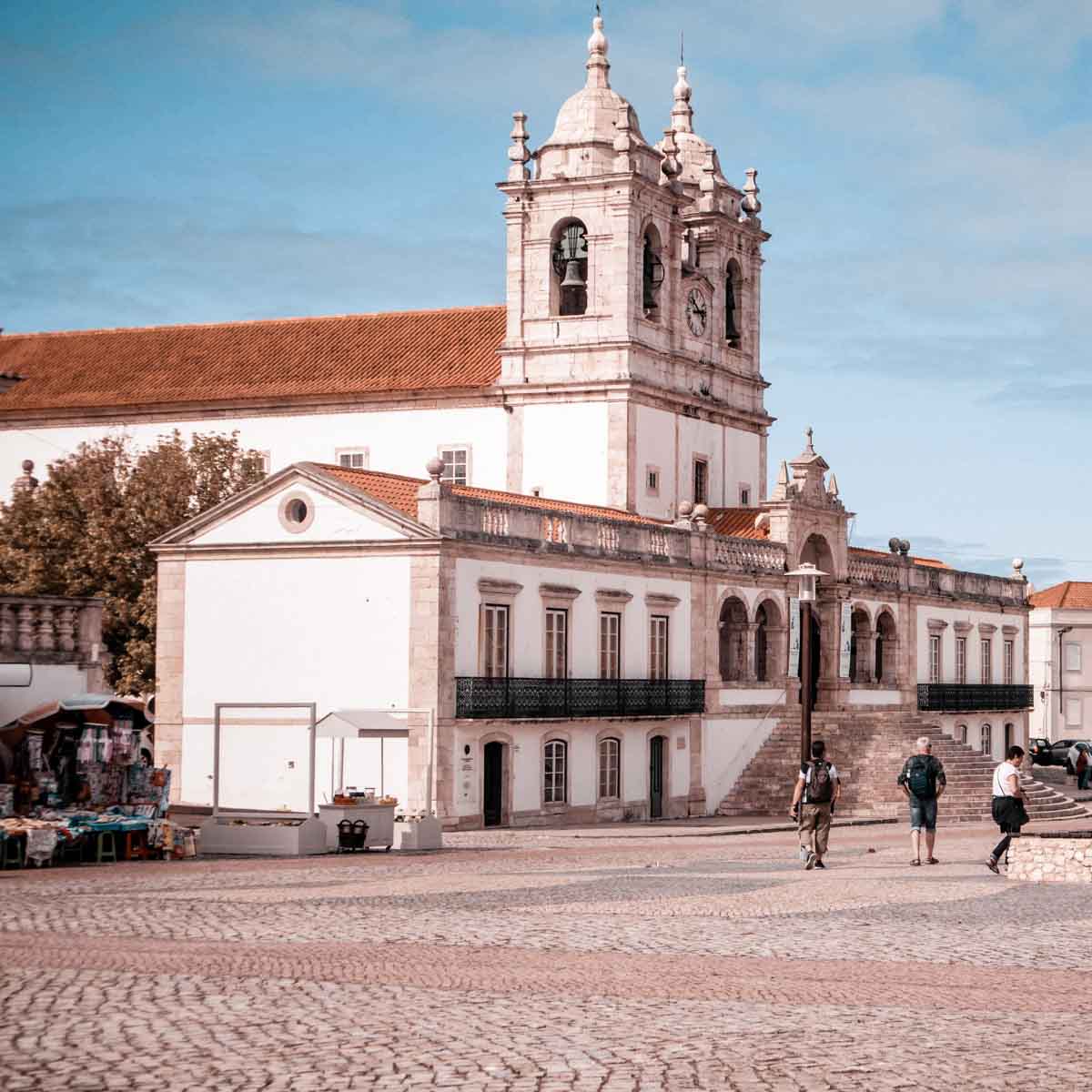
Felicdad Alban
Super-Duper website! I am loving it!! Will come back again. I am bookmarking your feeds also.
Wallis Weidar
Loving the info on this site, you have done great job on the posts.
Bernette Townsend
Thanks for the blog. Really looking forward to read more. Keep writing.
Haily Idonna
I like this post, enjoyed this one thankyou for posting .
Blondelle Lago
Some truly choice articles on this website , saved to favorites.
Jeni Derte
Howdy very cool site!! Guy .. Beautiful .. Wonderful ..
Pingback: Ancient City of Cusco – Wandering Waze